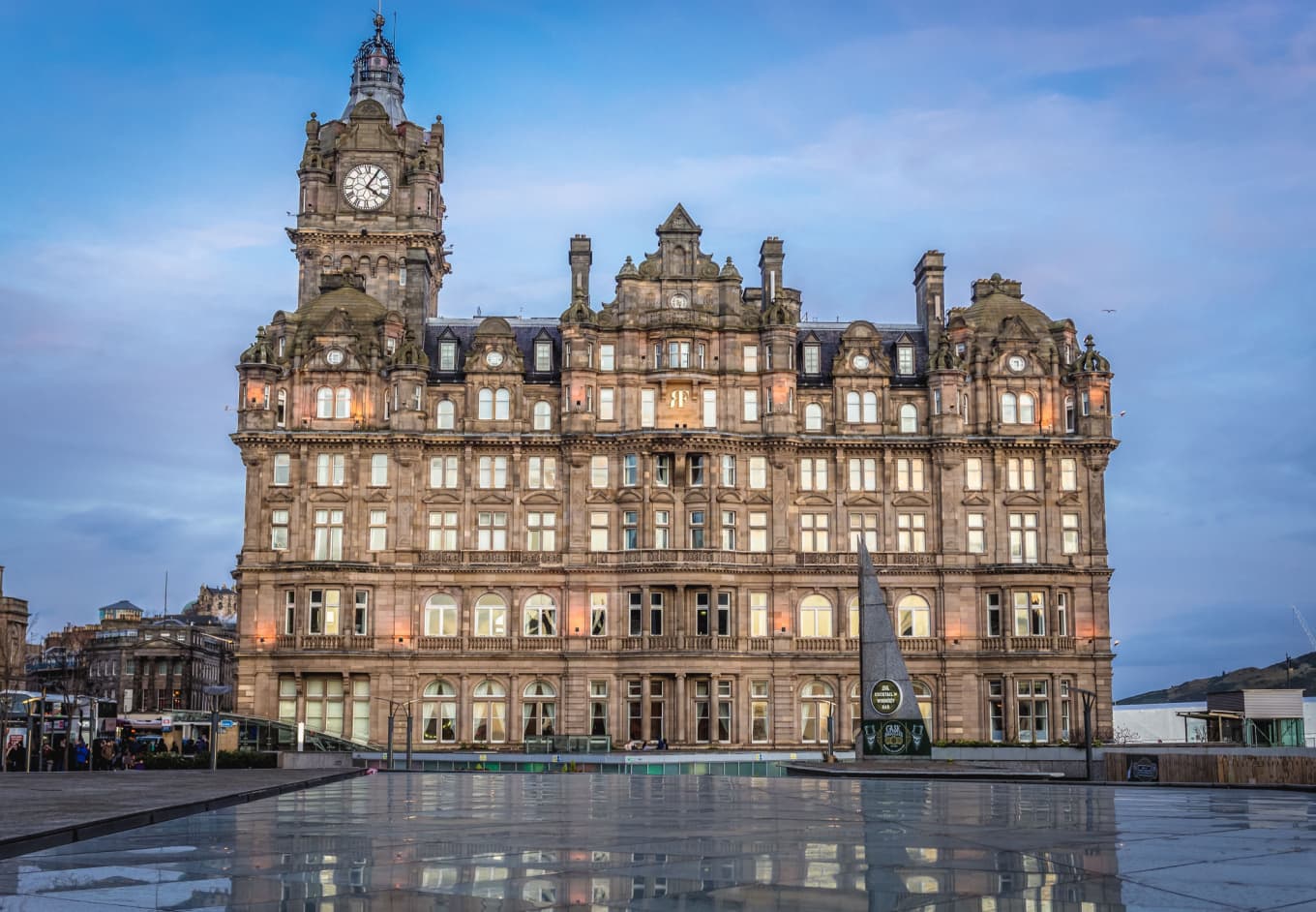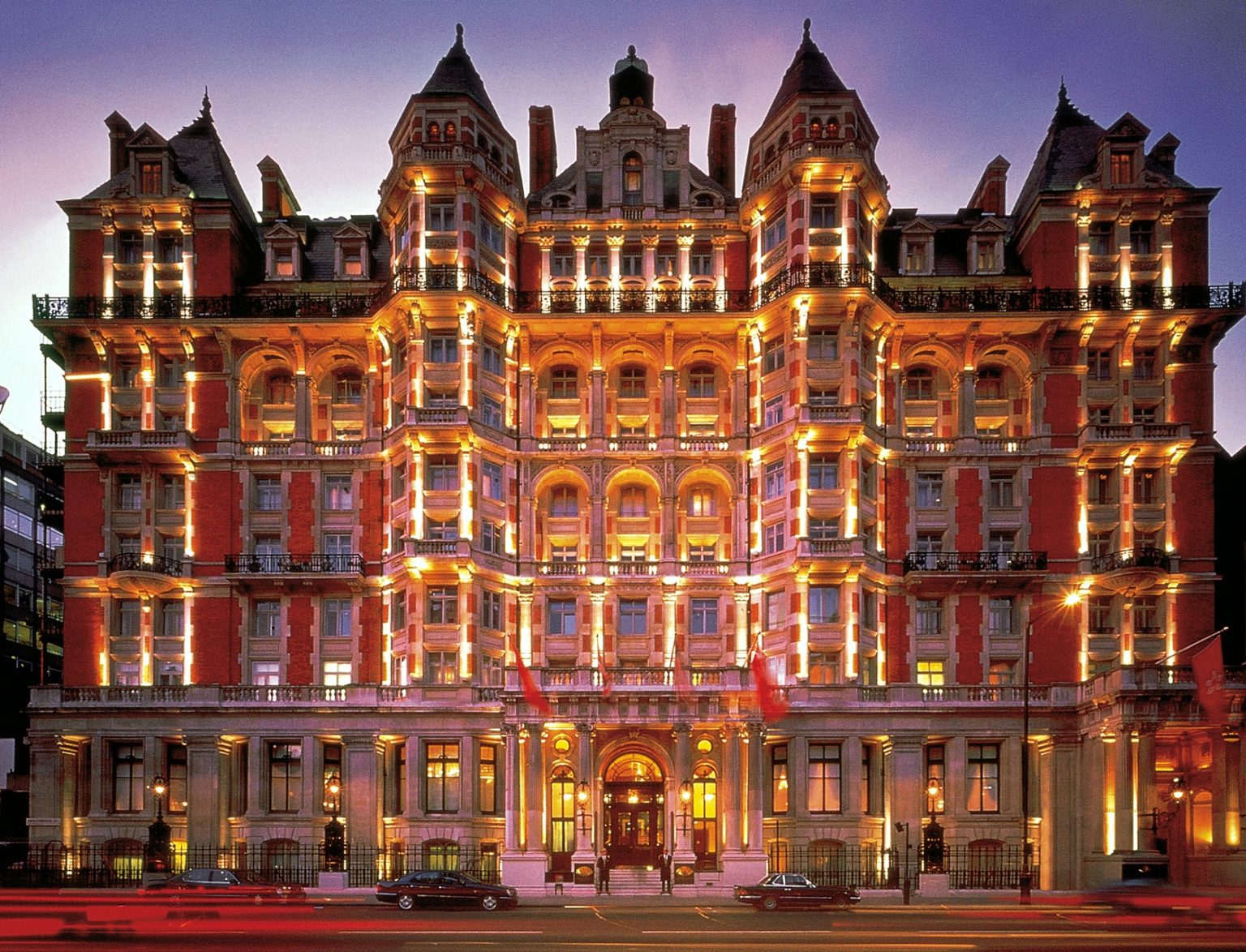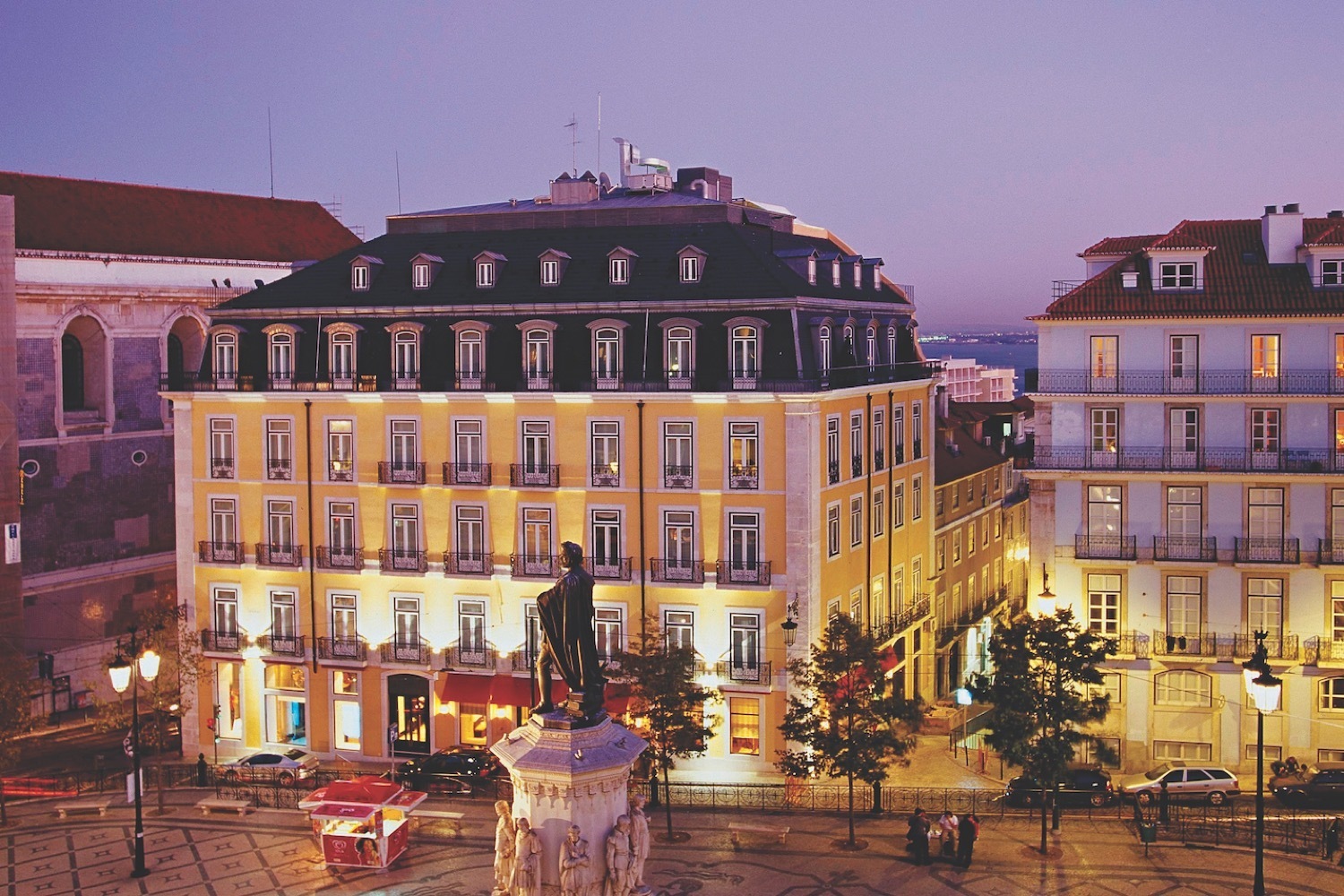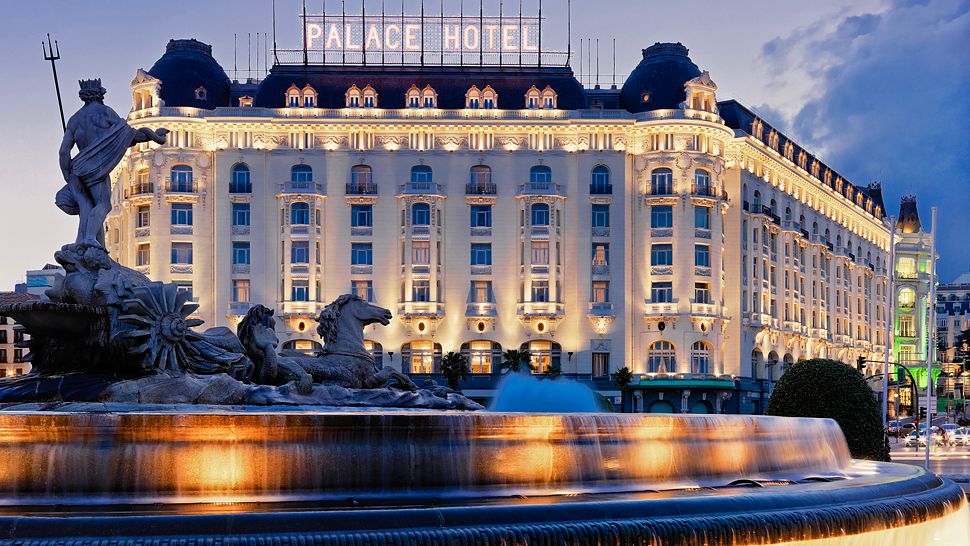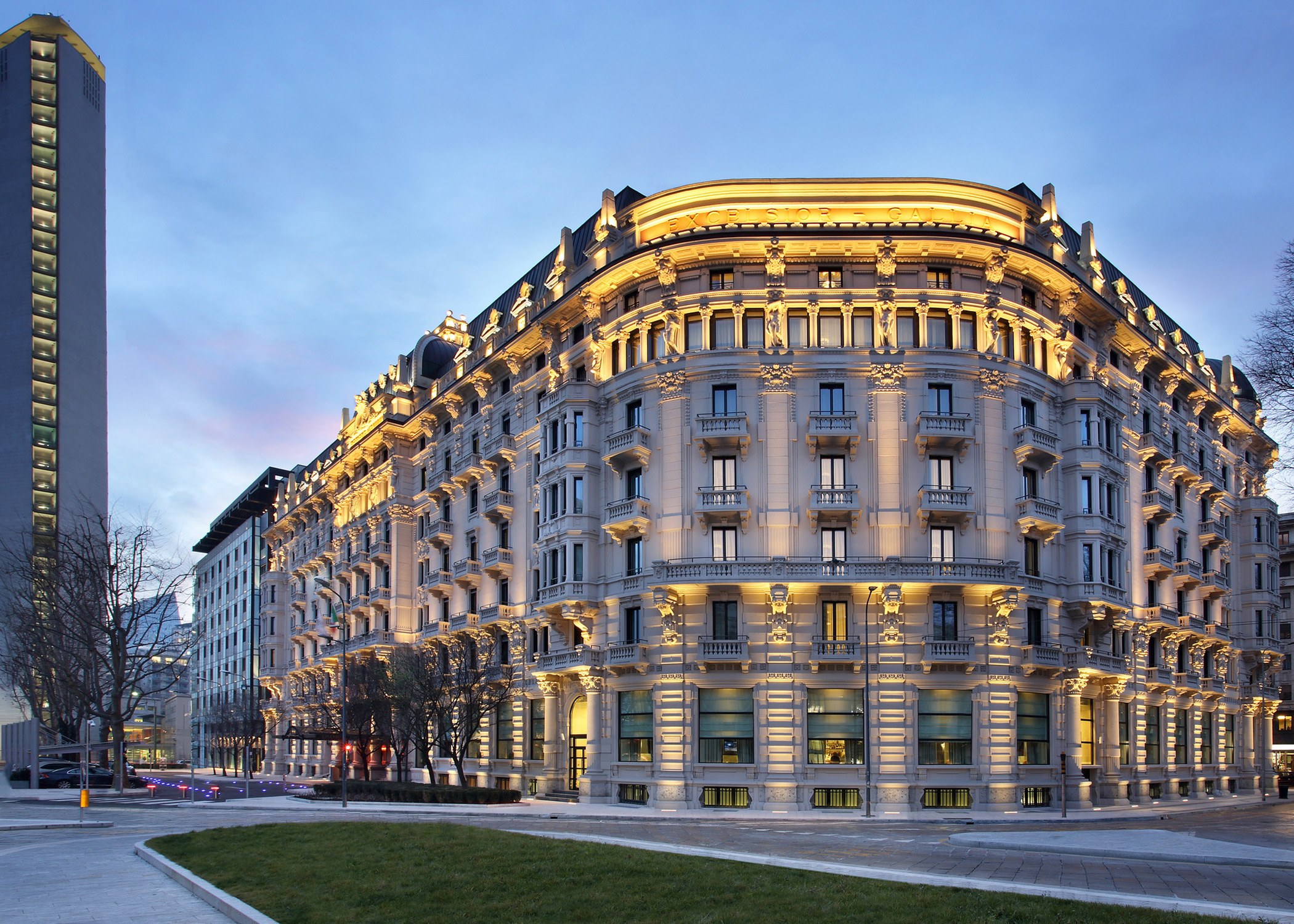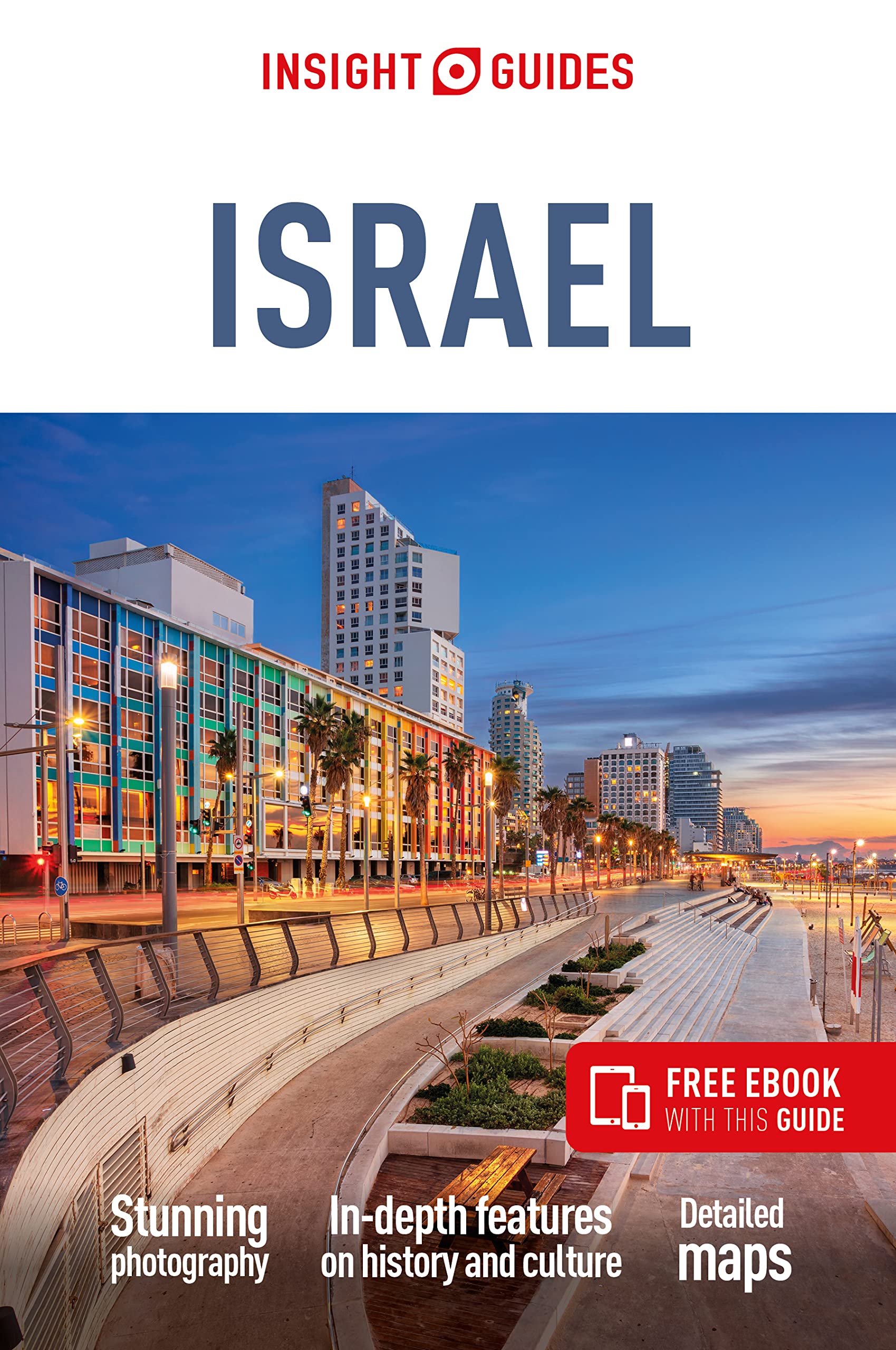
Israel, a land steeped in millennia of history and brimming with vibrant modern culture, offers an unparalleled travel experience. From the sacred sites of Jerusalem to the bustling markets of Tel Aviv, and the dramatic landscapes of the Negev Desert to the serene waters of the Dead Sea, this compact nation packs an astonishing punch for any traveler. Whether you’re a history buff, a religious pilgrim, an adventure seeker, or a culinary enthusiast, Israel promises to ignite your senses and leave an indelible mark on your soul.
This comprehensive guide will equip you with the knowledge to plan an unforgettable journey to the Holy Land, covering its rich history, must-see attractions, practical travel tips, accommodation, transportation, and the best times to visit.
A Glimpse into the Past: A Land Forged by History
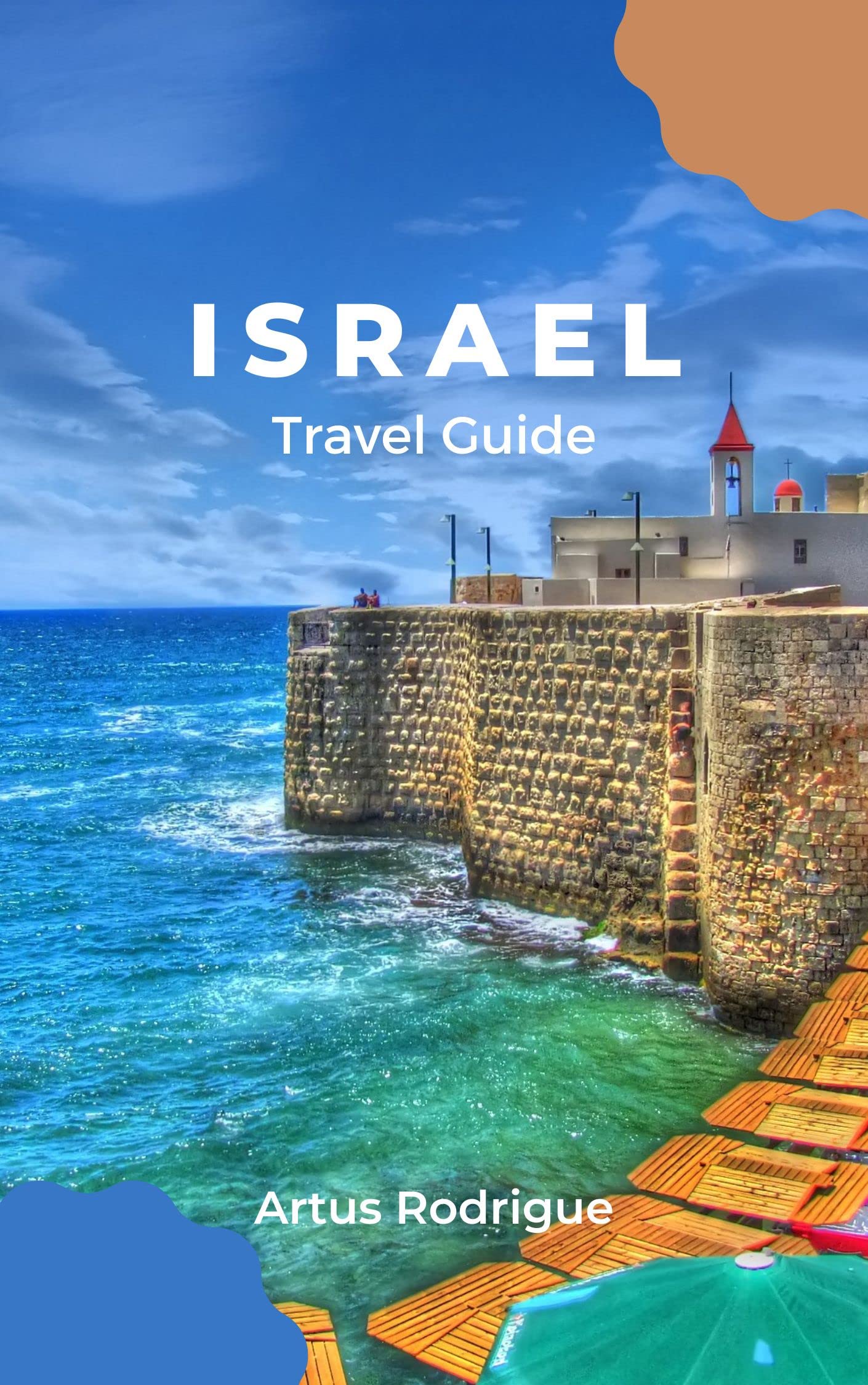
Related Articles about Israel: A Tapestry of Ancient Wonders and Modern Marvels:
- Chile: A Symphony of Extremes – Your Comprehensive Travel Guide
- A Journey Through Enchantment: Your Ultimate Travel Guide to Malaysia
- Peru: A Tapestry of Ancient Wonders, Vibrant Cultures, and Breathtaking Landscapes
- España: A Tapestry of Sun, Sangria, and Centuries of Stories – Your Ultimate Travel Guide
- The Heart of Africa: An Unforgettable Journey Through Kenya
Israel’s history is a complex and captivating saga, intertwined with the narratives of Judaism, Christianity, and Islam. For thousands of years, this land has been a focal point for religious devotion, conquest, and cultural exchange.
- Ancient Roots: The land is believed to be the biblical Land of Israel, the promised land of the ancient Israelites. It witnessed the reigns of King David and Solomon, the construction of the First and Second Temples in Jerusalem, and periods of Babylonian, Persian, Greek, and Roman rule. The Roman destruction of the Second Temple in 70 CE led to the Jewish diaspora.
- Crossroads of Empires: Throughout the centuries, Israel served as a strategic crossroads, attracting empires and traders. It was part of the Byzantine Empire, the early Islamic Caliphates, the Crusader kingdoms, the Mamluk Sultanate, and the Ottoman Empire.
- The Modern State: The modern State of Israel was established in 1948, following the United Nations Partition Plan and the end of the British Mandate. This event was a pivotal moment, leading to ongoing geopolitical complexities but also ushering in a new era of development and innovation.
Understanding this profound history enriches every step of your journey, transforming ancient ruins into living testaments and sacred sites into deeply spiritual experiences.
Top Attractions: A Mosaic of Unforgettable Experiences
Israel’s diverse landscapes and rich heritage translate into a breathtaking array of attractions. Here are some of the absolute must-sees:

1. Jerusalem: The Heart of Three Faiths
No visit to Israel is complete without immersing yourself in the spiritual and historical tapestry of Jerusalem.
- The Old City: This UNESCO World Heritage site is divided into four quarters: Jewish, Christian, Muslim, and Armenian.
- Western Wall (Kotel): The holiest site in Judaism, a remnant of the ancient Temple Mount, where pilgrims and locals pray.
- Church of the Holy Sepulchre: Believed to be the site of Jesus’ crucifixion and burial, a paramount pilgrimage destination for Christians.
- Dome of the Rock and Al-Aqsa Mosque: Iconic structures on the Temple Mount, sacred to Muslims.
- Via Dolorosa: The traditional path Jesus took to his crucifixion, a moving Stations of the Cross for pilgrims.
- King David’s City: Archaeological excavations revealing the ancient fortifications and history of Jerusalem.
- Modern Jerusalem:
- Yad Vashem: The World Holocaust Remembrance Center, a poignant and essential memorial.
- Israel Museum: Home to the Dead Sea Scrolls and an extensive collection of art and archaeology.
- Mahane Yehuda Market: A vibrant and bustling market, perfect for experiencing local flavors and culture.
2. Tel Aviv: The White City and Beyond
Known for its vibrant nightlife, stunning beaches, and Bauhaus architecture, Tel Aviv offers a dynamic contrast to Jerusalem’s ancient allure.
- The White City: A UNESCO World Heritage site featuring the world’s largest concentration of Bauhaus buildings, a testament to modernist architecture.
- Jaffa (Yafo): An ancient port city with a charming old town, picturesque alleys, and a lively flea market.
- Beaches: Stretching along the Mediterranean coast, Tel Aviv’s beaches are perfect for sunbathing, swimming, and water sports.
- Carmel Market: Another fantastic food market, offering a sensory overload of fresh produce, spices, and street food.
- Neve Tzedek: A bohemian neighborhood with boutiques, galleries, and cafes.
3. The Dead Sea: The Lowest Point on Earth
Experience the surreal sensation of floating effortlessly in the hypersaline waters of the Dead Sea, the lowest point on Earth.
- Floating: The high salt content makes it impossible to sink, a truly unique experience.
- Mud Baths: Rich in minerals, the therapeutic mud is said to have rejuvenating properties for the skin.
- Ein Bokek and Masada: Nearby attractions include the Ein Bokek tourist area with resorts and spas, and the dramatic fortress of Masada, perched atop a mountain plateau with a rich historical significance.
4. Masada: A Symbol of Resilience
This ancient fortress, a UNESCO World Heritage site, offers breathtaking views and a powerful historical narrative.
- Cable Car or Snake Path: Ascend to the summit via a cable car or the challenging but rewarding Snake Path.
- Herodian Palace and Synagogue: Explore the well-preserved ruins of Herod the Great’s palace and a Roman-era synagogue.
- Siege Ramp: Witness the remnants of the Roman siege ramp, a testament to their military prowess.
5. The Galilee Region: Cradle of Christianity and Natural Beauty
The northern part of Israel is a land of rolling hills, lush landscapes, and significant religious sites.
- Sea of Galilee (Kinneret): The largest freshwater lake in Israel, a place of great importance in Christian tradition.
- Capernaum: The ancient fishing village where Jesus lived and preached.
- Tabgha: The traditional site of the Miracle of the Loaves and Fishes.
- Mount of Beatitudes: Where Jesus is believed to have delivered the Sermon on the Mount.
- Nazareth: The hometown of Jesus, with the Basilica of the Annunciation.
- Safed (Tzfat): A mystical city, a center for Kabbalah, with charming cobblestone streets and art galleries.
6. The Negev Desert: A Vast and Dramatic Landscape
The southern region of Israel is a starkly beautiful desert, offering adventure and unique natural phenomena.
- Mitzpe Ramon and the Ramon Crater: Explore the world’s largest erosion crater, a geological marvel.
- Timna Park: Discover ancient copper mines, colorful rock formations, and Solomon’s Pillars.
- Bedouin Hospitality: Experience the traditional hospitality of the Bedouin people, with desert treks and overnight stays.
7. Haifa: A Port City with a Bahá’í Gem
Haifa, a vibrant port city, is known for its stunning gardens and diverse population.
- Bahá’í Gardens: A breathtaking series of terraced gardens cascading down Mount Carmel, offering panoramic views of the city and the sea. This is a UNESCO World Heritage site.
- German Colony: A charming neighborhood with historic buildings, shops, and restaurants.
- Wadi Nisnas: A vibrant Arab neighborhood known for its street art and culinary scene.
Travel Tips for a Seamless Journey
To make the most of your Israeli adventure, keep these practical tips in mind:
- Visa Requirements: Check the visa requirements for your nationality well in advance. Many nationalities can enter visa-free for tourist purposes.
- Currency: The official currency is the Israeli New Shekel (ILS). Credit cards are widely accepted, but it’s good to have some cash for smaller purchases.
- Language: Hebrew and Arabic are the official languages. English is widely spoken in tourist areas, hotels, and by younger generations.
- Dress Code: While Israel is generally relaxed, it’s important to dress modestly when visiting religious sites. This typically means covering your shoulders and knees.
- Security: Israel has a strong security presence, and you may encounter checkpoints. Be patient and cooperative. It’s always advisable to stay informed about current events and heed any travel advisories.
- Shabbat: From Friday sunset to Saturday sunset, observant Jewish communities observe Shabbat. Many businesses, public transport, and restaurants in Jewish areas will be closed or have limited hours. Plan your activities accordingly, especially if you’re traveling on a weekend.
- Tap Water: Tap water in Israel is generally safe to drink, but if you have a sensitive stomach, consider bottled water.
- Tipping: Tipping is customary in restaurants (around 10-15%), taxis, and for hotel staff.
- Respect Local Customs: Be mindful of local customs and traditions, especially when visiting religious sites.
- Connectivity: SIM cards are readily available at the airport and in shops. Wi-Fi is common in hotels, cafes, and public spaces.
Accommodation Options: From Budget to Luxury
Israel offers a wide range of accommodation to suit every budget and preference:
- Luxury Hotels: Major international chains and high-end boutique hotels can be found in cities like Tel Aviv, Jerusalem, and Eilat, offering world-class amenities and services.
- Boutique Hotels: Many charming boutique hotels are nestled in historic neighborhoods or offer unique design experiences, particularly in Tel Aviv and Jerusalem.
- Mid-Range Hotels: A plentiful selection of comfortable and well-equipped hotels are available across the country, offering good value for money.
- Hostels: Budget travelers will find numerous hostels, especially in Tel Aviv and Jerusalem, providing affordable dorm beds and private rooms.
- Guesthouses and Bed & Breakfasts: Experience local hospitality in charming guesthouses, often found in smaller towns or historical areas.
- Airbnb and Vacation Rentals: A popular choice for families or those seeking more space and self-catering options.
- Kibbutz Hotels: For a unique Israeli experience, consider staying at a hotel on a kibbutz, offering a glimpse into communal living and often beautiful natural surroundings.
Transportation: Navigating the Holy Land
Getting around Israel is relatively easy and efficient:
- Flights: Ben Gurion Airport (TLV) near Tel Aviv is the main international gateway. Domestic flights connect major cities like Eilat.
- Trains: Israel Railways offers a modern and efficient network connecting most major cities, including Tel Aviv, Jerusalem, Haifa, and Beersheba. Trains are a comfortable and eco-friendly way to travel.
- Buses: Egged is the largest bus company, operating an extensive network throughout the country. They are a more affordable option but can be slower than trains, especially during peak hours.
- Taxis: Taxis are readily available in cities. Agree on a fare before starting your journey or ensure the meter is used. Shared taxis (sheruts) operate between cities and are a cheaper option.
- Car Rental: Renting a car offers flexibility, especially for exploring more remote areas or the Negev Desert. However, be aware of parking challenges in major cities and the potential for traffic.
- Light Rail (Jerusalem): Jerusalem has a modern light rail system that efficiently connects various parts of the city.
- Sheruts (Shared Taxis): These minibuses operate on fixed routes between cities and are a common and cost-effective way to travel. They typically depart when full.
Best Time to Visit: Embracing the Seasons
Israel experiences a Mediterranean climate with hot, dry summers and mild, wet winters. Each season offers a unique charm:
- Spring (March to May): This is arguably the best time to visit. The weather is pleasant, with blooming wildflowers and comfortable temperatures for sightseeing. It’s ideal for exploring outdoor attractions and hiking.
- Summer (June to August): Summers are hot and humid, especially along the coast. The Dead Sea and Eilat offer relief with their heat-adapted activities. However, sightseeing in cities can be challenging due to the heat.
- Autumn (September to November): Another excellent time to visit. The weather cools down after summer, and the humidity decreases. This is a great period for festivals and cultural events.
- Winter (December to February): Winters are mild and rainy, particularly in the north. Jerusalem can experience occasional snow. This is a good time to visit for religious pilgrims and those seeking fewer crowds, especially in historical sites.
Consider these factors when choosing your travel dates:
- Religious Holidays: Be aware that major religious holidays (Passover, Rosh Hashanah, Yom Kippur, Eid al-Fitr, Christmas) can lead to increased crowds and potential closures.
- Festivals: Israel hosts numerous festivals throughout the year, from music and film festivals to food and cultural celebrations. Research these events to align your visit with your interests.
Conclusion: A Journey of Discovery
Israel is a destination that transcends mere tourism; it’s a journey of discovery, a profound immersion into history, spirituality, and vibrant contemporary life. From the ancient stones of Jerusalem to the modern buzz of Tel Aviv, from the ethereal Dead Sea to the stark beauty of the desert, this land offers an experience that will resonate with you long after you’ve departed. By planning your trip with an understanding of its rich heritage, practicalities, and diverse offerings, you are set to embark on an unforgettable adventure in the Holy Land. Prepare to be captivated, inspired, and deeply moved by the magic of Israel.
